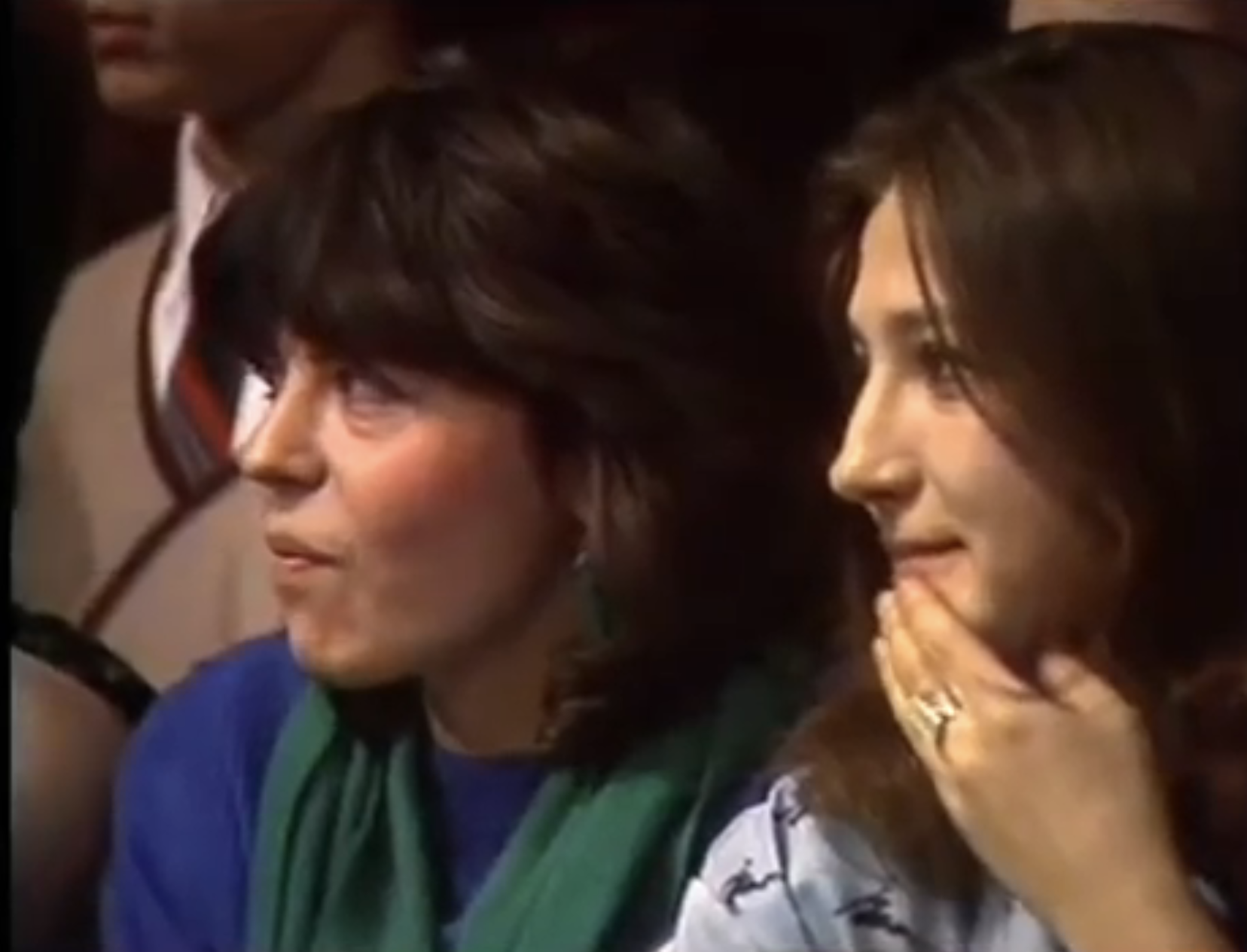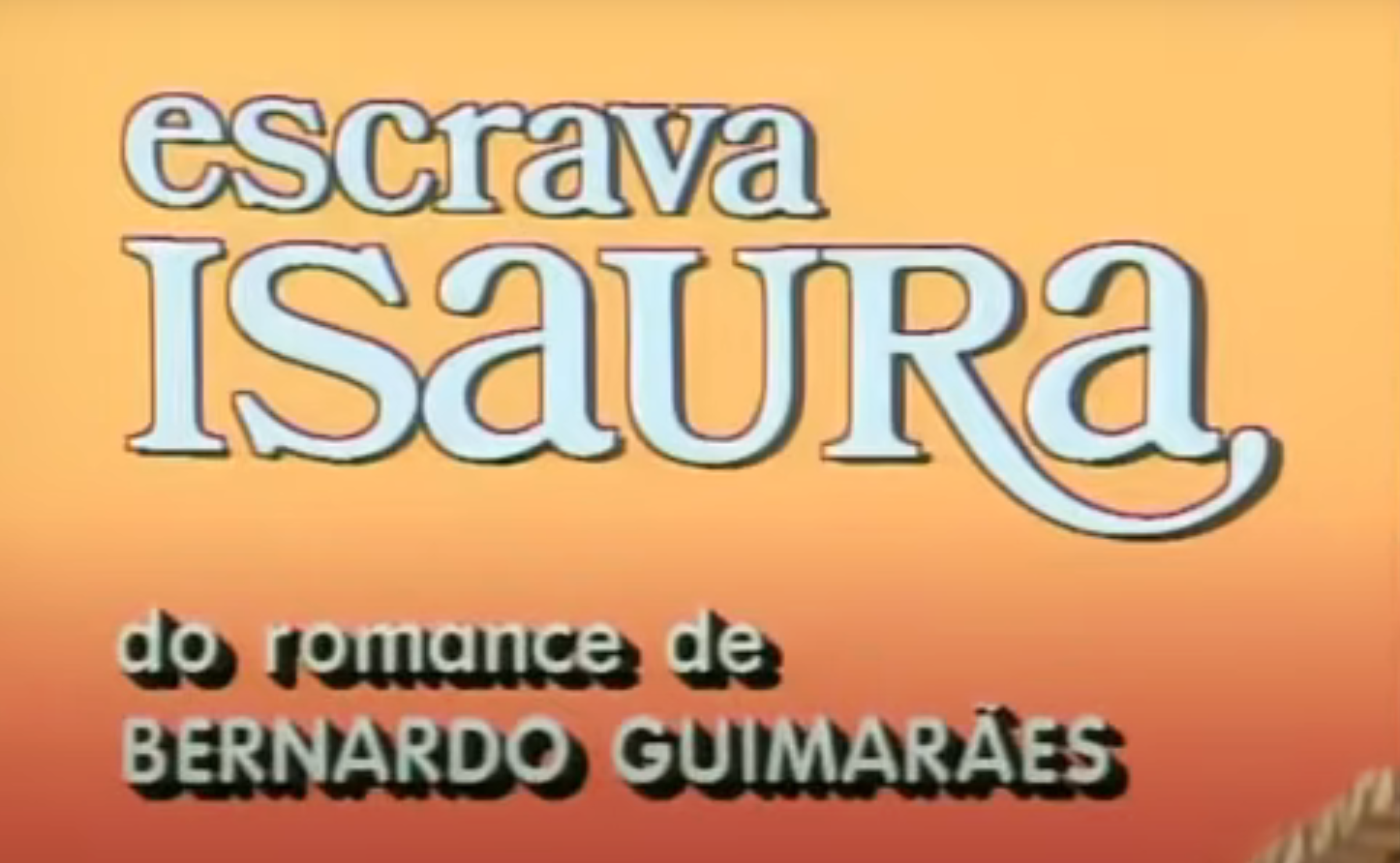Search Results
Search Terms
Results: Displaying all 3 Artifact
Text Containing:
Thematic Tags: Late Soviet Television
“Musical Ring” with guest star Sergei Kuryokhin, 1987
This 1987 episode of Musical Ring captures late-Soviet television's attempt to integrate avant-garde musician and professional trickster Sergei Kuryokhin (1954-1996) into mainstream discourse, simultaneously showcasing the program's role in legitimizing experimental music during perestroika.
Nautilus Pompilius perform “Last Letter (Good-bye America)” in 1988
This 1988 televised performance of Nautilus Pompilius's “Last Letter” captures the band’s cultural disillusionment with Western ideals, prefiguring post-Soviet anti-Americanism.
Soviet audiences devour the Brazilian soap opera "Escrava Isaura"
Stills from the first episode of the Brazilian soap opera "Escrava Isaura," which aired in Brazil in 1976-77 and in the USSR/ Russia in 1988-90. In this first episode, aired on Soviet Central Television on 16 October, 1988, it is revealed that the show's title character, Isaura, is not the niece of the wealthy Almeida family—but instead a "slave" with a “mulatto [sic]” mother and a Portuguese father.


